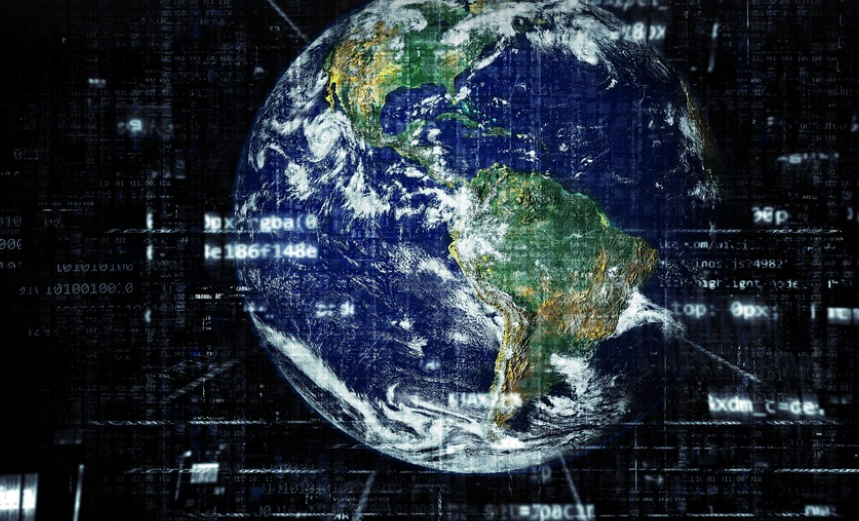
Unveiling the Past, Navigating Our Present
For centuries, humanity has been driven by a thirst for knowledge and discovery. From ancient explorers charting unknown seas to modern-day astronauts touching down on distant planets, the drive to explore has shaped our world in profound ways. Today, we delve into the fascinating realm of historical voyages of exploration, where daring captains, groundbreaking technologies, and intrepid explorers pushed the boundaries of human understanding, leading to remarkable discoveries that forever changed the course of history.
The Age of Exploration, a period spanning roughly from the 15th to the 17th century, stands as a pivotal chapter in this narrative. Fueled by ambition, curiosity, and the desire for wealth, European nations embarked on epic voyages across oceans, often motivated by political agendas and religious motivations. These voyages, driven by the spirit of adventure and fueled by technological advancements, forever altered the global landscape.
The most notable explorers during this period include Christopher Columbus, whose journey in 1492 led him to discover “the Americas” – a discovery that triggered the Columbian Exchange, ultimately reshaping societies, cultures, and economies across the globe. His voyage is often considered the symbolic beginning of the Age of Exploration.
Ferdinand Magellan’s groundbreaking circumnavigation of the Globe in the 1520s was another defining moment. Magellan’s crew’s journey involved perilous storms, treacherous waters, and confrontations with unfamiliar cultures. This expedition marked a turning point, opening up new trade routes and establishing a global connection between continents.
Francisco Pizarro’s conquest of the Inca Empire in 1532 stands as a testament to the power of exploration. His relentless pursuit of gold and his mastery of military tactics led him to conquer vast swathes of land, forever changing the political landscape of South America. The impact of his actions on the indigenous populations is a poignant reminder of the complexities of exploration.
The voyages of exploration weren’t solely about conquest and wealth; they also involved a quest for knowledge. Explorers ventured into unknown territories, hoping to chart new lands, document their findings, and map the world around them. Their expeditions opened up a Pandora’s Box of curiosity, ultimately leading to scientific advancements and a deeper understanding of our planet.
The Age of Exploration also saw technological advancements play crucial roles in these voyages. The development of better navigation tools like compasses, improved shipbuilding techniques, and the invention of astrolabes revolutionized exploration. These innovations allowed explorers to navigate longer distances, endure harsh weather conditions, and chart new territories with greater precision.
The impact of these voyages extended far beyond the realm of geography and science. It led to a period of cultural exchange, as explorers encountered various civilizations and brought back stories, artifacts, and ideas from different cultures to their homelands. This exchange helped shape global culture in profound ways, fostering new perspectives on the world
However, it is important to acknowledge that not all exploration was driven by benevolent intentions. The voyages of exploration often led to conflict, exploitation, and the subjugation of indigenous populations. European colonization resulted from a complex interplay of factors, including economic motivations, political ambitions, and a belief in their superiority.
The legacy of exploration continues to shape our world today. From our understanding of geography to the exchange of ideas and cultural traditions, the impact of these voyages is significant. The lessons we learn about our past can guide us as we navigate the complexities of the present and chart a course for a more sustainable and equitable future.
Exploring the world’s history through the lens of exploration offers a profound insight into the human spirit, its daring nature, and its relentless desire to discover. While acknowledging the challenges and controversies associated with this historical period, examining these voyages provides a framework for understanding how humanity has evolved, interacted with diverse cultures, and ultimately shaped the world we live in today.
The wealth of information about exploration can be accessed through various resources:
- Online Encyclopedias: Online encyclopedias like Britannica, Wikipedia, and Encyclopedia.com offer comprehensive overviews on various historical voyages and their impacts.
- Historical Databases: Libraries, museums, and archives hold vast collections of historical documents, maps, artifacts, and accounts related to exploration. Many of these resources are accessible online through digital databases like JSTOR, Project Gutenberg, and the British Library’s Digital Collections.
- Documentaries and Film: Documentaries and films offer engaging visual narratives about exploration, transporting viewers into historical events through storytelling and captivating imagery.
If you are looking to delve deeper into world history voyages of exploration in a relaxed and informative way, consider exploring the resources mentioned above. They can provide a rich tapestry of knowledge that will transport you to a fascinating past.


